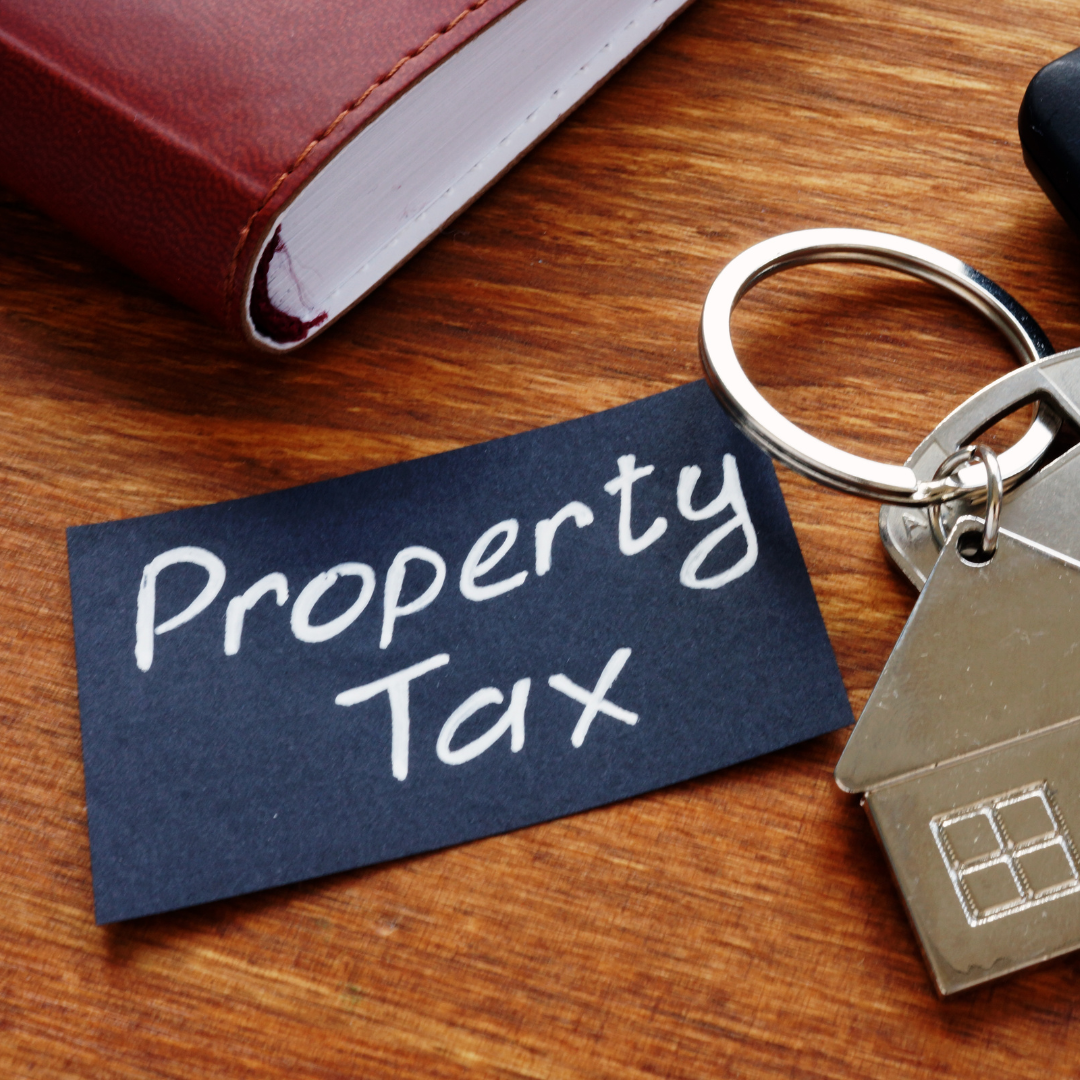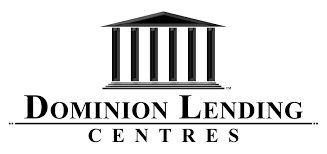Things to Avoid when Applying for a Mortgage
Here are some tips to avoid any problems with your mortgage funding.
DO NOT…..
1. Change Jobs, become self-employed or quit your job.
While a job change could mean a raise or a path to a better future, it could also delay financing approval or completion. Your lender needs to verify employment and will need paystubs to prove your new income before your loan can go to settlement.
2. Co-sign a loan for ANYONE.
Co-signing any type of car, student, or other loans will result in inquiries to your credit bureau and added financial obligations that you must be able to debt service for your mortgage to fund.
3. Buy a car, truck, or van. (Unless you wish to live in it)
You may be feeling that a new car would be a nice addition to the driveway of your new home. Resist that feeling. Even if you can easily afford a new car, the depletion of your savings and/or the addition of a new car loan could derail your mortgage application. Wait until after you have moved to switch to a new car.
4. Skip a payment or make any late payments.
One of the most important elements of your credit score is your history of on-time, in-full payments, so don’t get so caught up in your move that you forget to keep up with paying basic bills.
5. Increase your debts.
In addition to your credit score, your debt-to- income ratio is extremely important to a loan approval. If you take on more debt you could be in danger of going above the maximum acceptable debt-to-income ratio.
6. Omit debts or liabilities from your loan application.
Disclose all debts and liabilities early in the mortgage process. Details are checked (and double-checked) so they will likely turn up at some point in the process and could jeopardize your mortgage approval when discovered.
7. Spend money you have put aside for closing.
You’ll need cash on hand at the settlement for your down payment and closing costs and your lender may even verify your cash reserves one more time, so make sure the funds stay in place.
8. Apply for new credit.
It may seem natural to apply for a credit card at a home improvement store or a furniture store when you are about to become a homeowner, but applying for credit can lower your credit score. Not only will you lose a few points because of a credit inquiry, but if you are approved for new credit, a lender may worry that you will spend up to your new credit limit and then default on your loan.
9. Close any credit accounts.
You may be feeling that this is a good time to get your financial house in order by closing unused credit accounts or transferring your debt to a new credit card with a zero-interest balance transfer offer. While that’s a smart move financially, it’s a bad one for your credit score because you lose points when you have a higher usage of debt compared to your limit on one credit card and to your overall credit availability. Wait until your closing is complete before you make these changes.
10. Change bank accounts, make any large deposits, or transfer funds being used for down payment and/ or closing costs from one bank account to another.
Your lender will need the most recent bank statements before you go to settlement, so if you have any unusual deposits you will need to provide complete documentation of where the money came from. If possible, it’s best to move the cash you will need for your home purchase into one account before you apply for a mortgage. If not, make sure you have complete and accurate records readily available.
In other words, no matter how hard it is at this exciting time, it’s better to do nothing than to do anything.
Let’s get moving
Our latest articles
Explore
Get mortgage advice delivered to your inbox.
You need a helping hand with your project?
We will get back to you as soon as possible
Please try again later
All Rights Reserved | Dominion Lending Centres - A Better Way



